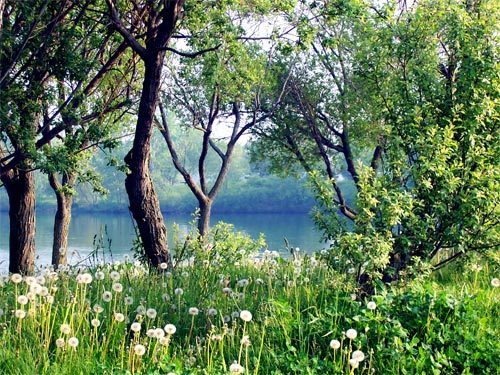Windmills and solar panels sound wonderful. Except that the UK wind isn’t blowing and the German sun isn’t shining.
Saying negative things about green energy doesn’t make one popular at dinner parties. It isn’t considered polite, you see, to dispute the notion that we could all live greenly ever after if we’d just rearrange our priorities a little.
I’m a keen fan of technological progress. I also have an abiding faith in human ingenuity. So I feel sympathy for people who sincerely believe we’re on the cusp of a new energy revolution. But the evidence just isn’t there.
A few days ago I mentioned three reasons why wind power is more difficult and complicated than people discussing it over a glass of wine and a marvelous meal tend to think it is. Andrew Montford, on his BishopHill blog, has since posted a piece titled The Great Still.
He reports that, in recent days, so little wind has been blowing in the UK that all its windmills combined are generating about “a tenth of one percent of demand.” Much of the rest of Europe finds itself in a similar situation. The wind just isn’t blowing.
In other words, it doesn’t matter how many millions a country spends installing thousands of turbines. If the wind doesn’t blow, there’s no power. If the UK didn’t have access to “dirty” fossil fuels as backup, hospital patients dependent on electronic equipment would be perishing right now.
As a person named Sean reminds us in the comments section over at BishopHill, Germany’s problems with solar power have also reached frightening proportions.
A few weeks ago the German news magazine Der Spiegel published an article titled Solar Subsidy Sinkhole: Re-Evaluating Germany’s Blind Faith in the Sun (backed up here and here).
That nation has reportedly committed itself to solar industry subsidies amounting to 100 billion euros. That’s a massive amount of money. Money that can’t be spent on other things. So what will German taxpayers receive in exchange? It’s worth quoting at length from this article:
For weeks now, the 1.1 million solar power systems in Germany have generated almost no electricity. The days are short, the weather is bad and the sky is overcast.
As is so often the case in winter, all solar panels more or less stopped generating electricity at the same time. To avert power shortages, Germany currently has to import large amounts of electricity generated at nuclear power plants in France and the Czech Republic. To offset the temporary loss of solar power, grid operator Tennet resorted to an emergency backup plan, powering up an old oil-fired plant in the Austrian city of Graz.
Solar farm operators and homeowners with solar panels on their roofs collected more than €8 billion ($10.2 billion) in subsidies in 2011, but the electricity they generated made up only about 3 percent of the total power supply, and that at unpredictable times.
The distribution networks are not designed to allow tens of thousands of solar panel owners to switch at will between drawing electricity from the grid and feeding power into it.German consumers already complain about having to pay the second-highest electricity prices in Europe.
Any article that contains subheadings such as: “A Massive Money Pit” and “A Costly and Unnecessary Dual Structure” is not telling a happy story. But one wonders why it’s only now that journalists are finally reporting on some grim truths:
Solar lobbyists like to dazzle the public with impressive figures on the capability of solar energy. For example, they say that all installed systems together could generate.twice as much energy as is currently being produced by the remaining German nuclear power plants.
But this is pure theory. The solar energy systems can only operate at this peak capacity when optimally exposed to the sun’s rays.at an optimum angle.and at the ideal solar module temperature. – in other words, under conditions that hardly ever exist outside a laboratory.
We all love the environment and we all want to protect Mother Earth. We’d all prefer to sound like we’re good people at dinner parties.
But believing in green fairy tales won’t keep our lights on – or our furnaces running.






